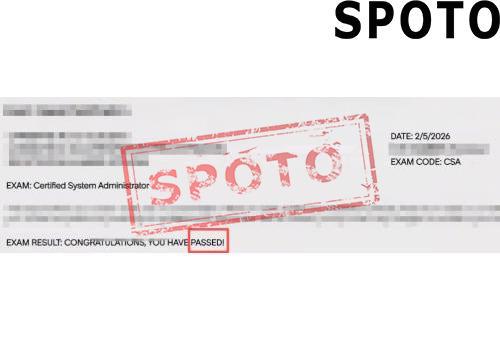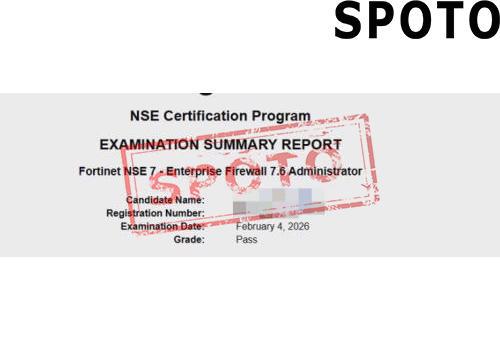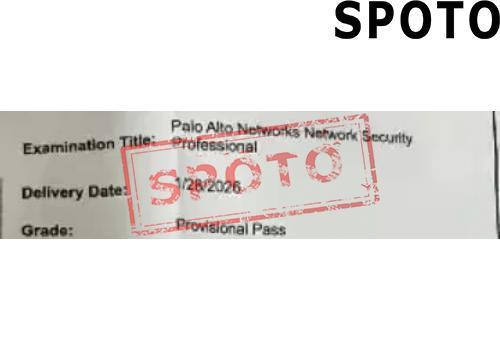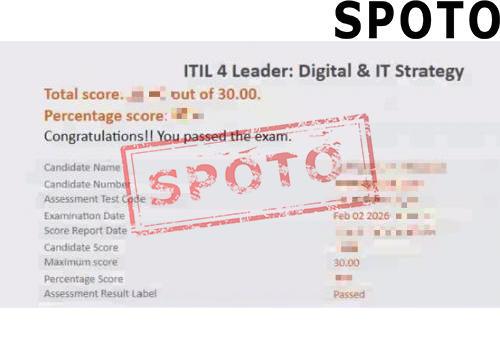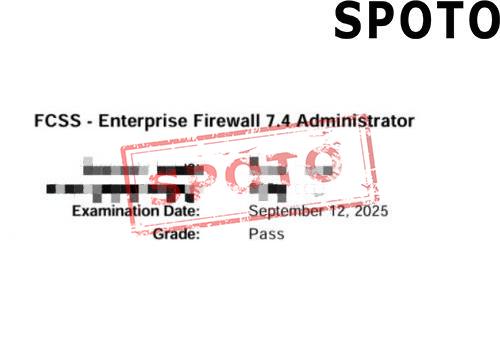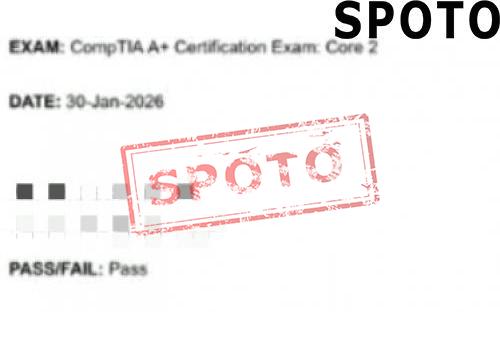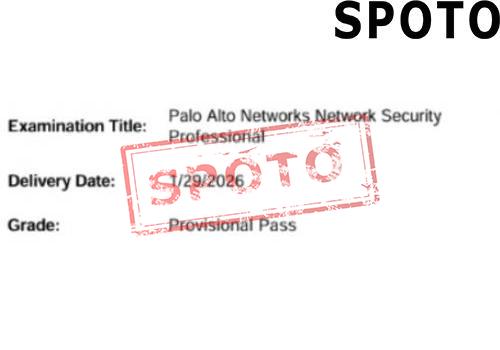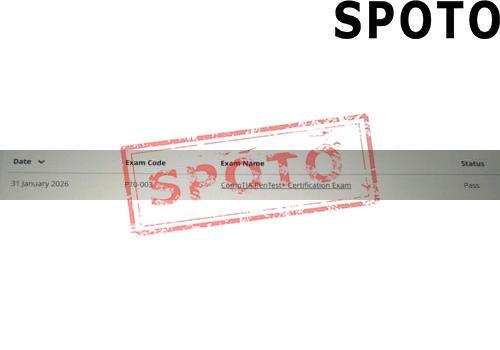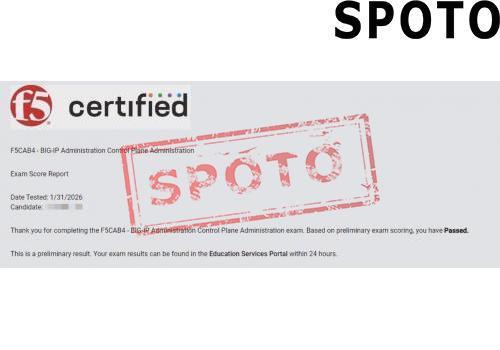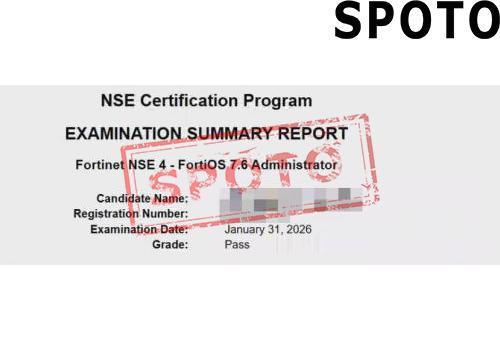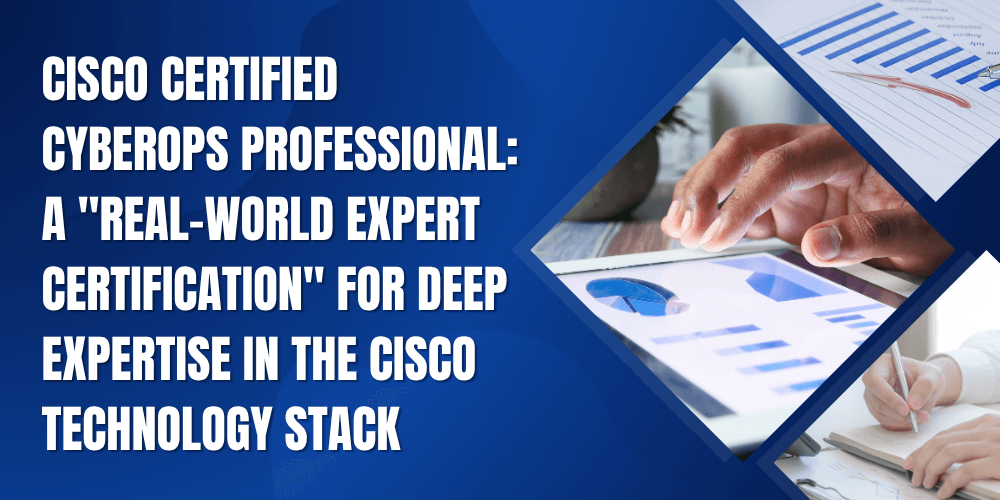
Table of Contents
- 1. Do you know what the Cisco Certified CyberOps Professional certification is?
- 2. Career Advantages of Holding the Cisco Certified CyberOps Professional Certification
- 3. Overview of the Cisco Certified CyberOps Professional Certification
- 4. Requirements for the Cisco Certified CyberOps Professional certification
- 5. Comparable Certifications to Cisco Certified CyberOps Professional
Through this article you will learn that Cisco Certified CyberOps Professional is a "real-world expert certification" for deep expertise in the Cisco technology stack.
1. Do you know what the Cisco Certified CyberOps Professional certification is?
Cisco Certified CyberOps Professional is an advanced cybersecurity operations certification offered by Cisco. It focuses on threat detection, incident response, security monitoring, and compliance management within the Cisco security ecosystem. It verifies the holder's practical ability to use Cisco security products to address complex cyber threats. It is a core qualification for mid- to senior-level security operations practitioners within the Cisco security technology ecosystem.
Against the increasing complexity of enterprise networks and the continuous evolution of attack methods, the core of the Cisco CyberOps Professional certification is to cultivate "security operations experts within the Cisco ecosystem." The Cisco Certified CyberOps Professional certification requires not only proficiency in the advanced configuration and integration of Cisco security devices, but also the ability to implement a closed-loop "monitor-detect-analyze-respond" operation using the Cisco toolchain, accurately identifying cyberattacks such as APTs, ransomware, and identity theft, and rapidly implementing remedial measures.
2. Career Advantages of Holding the Cisco Certified CyberOps Professional Certification
The Cisco Certified CyberOps Professional, a Cisco advanced security certification, directly verifies a holder's in-depth understanding of Cisco security products. Highly recognized in industries such as finance, telecommunications, and government, which heavily utilize Cisco equipment, it serves as a core screening criterion for companies recruiting "Cisco Security Operations Experts" and serves as authoritative validation of the Cisco ecosystem.
The certification emphasizes device configuration and scenario implementation. For example, practitioners are required to perform attack source tracing and strive to implement automated response. This allows holders to directly solve real-world problems, improve security operations efficiency, and demonstrate practical operational proficiency.
Compared to general security certifications, this certification is irreplaceable within Cisco user companies, creating differentiated professional competitiveness. Salaries are significantly higher than those for basic security positions, and it is a key qualification for advancement to Cisco Security Architects and SOC Leaders.
Certificate holders gain access to the Cisco Security Community, receiving the latest product updates, threat intelligence, and technical support. They stay up-to-date on the latest developments in the Cisco security ecosystem and gain access to potential resources and connections within the industry.
3. Overview of the Cisco Certified CyberOps Professional Certification
The Cisco Certified CyberOps Professional certification assesses the full-process operation of Cisco security products, integrating technical configuration and practical analysis. Its core exam modules include SCOR 350-201 and one optional exam.
Practitioners must first master the advanced configuration and integration of Cisco security devices, including Next-Generation Firewall (NGFW) operations, in-depth configuration of advanced Cisco Firepower NGFW features, and integration with other devices. Security practitioners must analyze network visibility and traffic flows, using Cisco Stealthwatch for advanced traffic monitoring to identify anomalous behavior, and using NetFlow data to analyze network baselines and locate suspicious connections that deviate from normal patterns. They must configure Cisco ISE for granular access control and dynamic authorization based on device health.
Linking with Active Directory for single sign-on (SSO) and multi-factor authentication (MFA) is also part of the job of Cisco cybersecurity practitioners, as is preventing identity theft and privilege abuse.
Next, they must collect and analyze log data from firewalls, IPS, endpoints, and cloud resources. After the incident is resolved, security personnel must use Cisco tools to collect attack evidence, determine the source and scope of the attack, and generate compliance incident reports to meet industry regulations for incident tracing.
Finally, security personnel must implement compliance monitoring and reporting for their workflows. They must configure Cisco devices to monitor compliance metrics to determine whether firewall rules adhere to the principle of least privilege. Based on actual results, they must generate compliance reports to demonstrate the effectiveness of security operations to management and auditors.
4. Requirements for the Cisco Certified CyberOps Professional certification
(1) Experience requirements
Cisco officially recommends having Cisco Certified CyberOps Associate (CCNA Cyber Ops) certification or equivalent knowledge and being familiar with Cisco security fundamentals and network technology; 2-3 years of experience in Cisco security equipment operation and understanding of TCP/IP protocols, common attack types, and the basic principles of security tools are recommended.
(2) Taking the exam
Cisco Certified CyberOps Professionals must pass 350-201 Implementing and Operating Cisco Security Core Technologies (SCOR) and one elective exam. Elective exams can be chosen from four options, focusing on specific areas, such as 300-730 SVPN (Remote Access VPN), 300-715 SISE (Identity Services Engine), etc. Practitioners can choose according to their career direction. Each exam lasts approximately 120-180 minutes, and the question types include single-choice questions, multiple-choice questions, drag-and-drop questions, and scenario analysis questions. The certificate is valid for 3 years and must be maintained every 3 years by passing a higher-level Cisco certification or completing designated training.
5. Comparable Certifications to Cisco Certified CyberOps Professional
- Microsoft Certified: Cybersecurity Architect Expert (SC-100)
- Palo Alto Networks Certified Security Engineer (PCNSE)
- GIAC Certified Intrusion Analyst (GCIA)
- Splunk Core Certified Security Administrator
